A common fear among electric vehicle drivers is the anticipation of running out of power. Known as range anxiety, your electric vehicle range is definitely one of the deciding factors when leasing an EV. Yes, charging points are popping up around the UK at a very fast rate but in comparison to the sheer amount of gas stations located every few miles – that reassurance isn’t there just yet. Ellectric vehicles have come leaps and bounds in terms of their development over the years, with shorter charging times and impressive value for money - however, petrol vehicles still hold the crown when it comes to range and the accessibility of refuelling. That doesn’t mean to say that EV's are ineffective by all means. Most are capable of traveling over 100 miles on a single charge (which is pretty impressive). If you're doing small commutes and city driving you may only need to charge around once every two weeks. With electric vehicles you get the benefits of saving money, lower emissions and less maintenance, we think this far outweighs the negative stigma and slight drawbacks of electric vehicle range.
There are currently two tests that are performed on electric cars and vans to determine their range. There are NEDC and WLTP. These tests are driving cycles that are designed to assess fuel/energy consumption and efficiency. These are essentially a standardised way in which car manufacturers can test the performance of their cars and vans.
The New European Driving Cycle (NEDC) was developed in the 80’s to test energy consumption and emissions from vehicles. NEDC tests values are based on a theoretical driving profile (representing the typical usage of a car in Europe). This procedure is slowly being phased out since the calculated range of a vehicle is typically not in tune with its real-world range. The degree of accuracy depends on the car, but in general the NEDC value will have a greater range than the true range of a vehicle by up to tens of miles.
The Worldwide Harmonised Light Vehicle Test Procedure (WLTP) was developed using real-driving data from a series of driving phase tests gathered worldwide. This data creates a fair degree of accuracy given that they test the car in real-world situations and conditions. These values will be widely available come mid 2020.
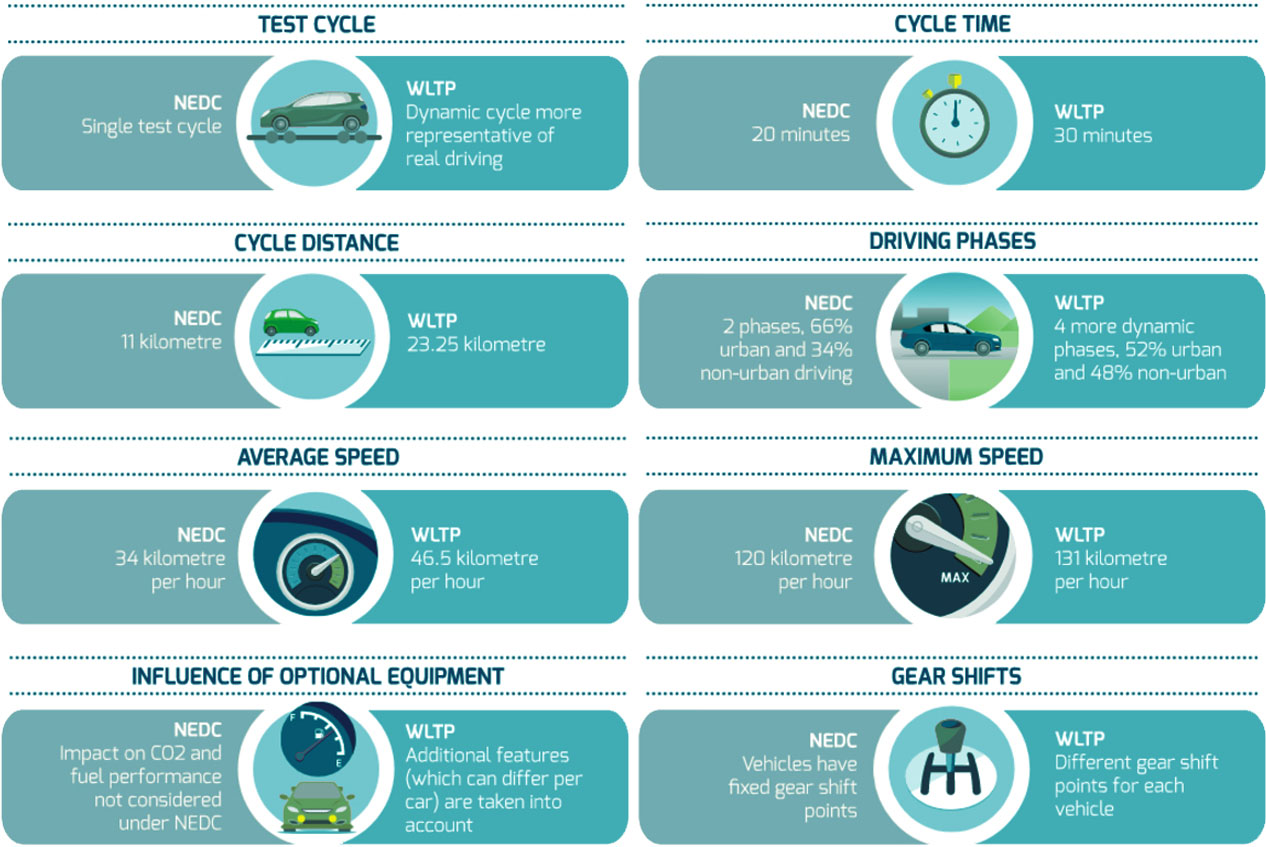
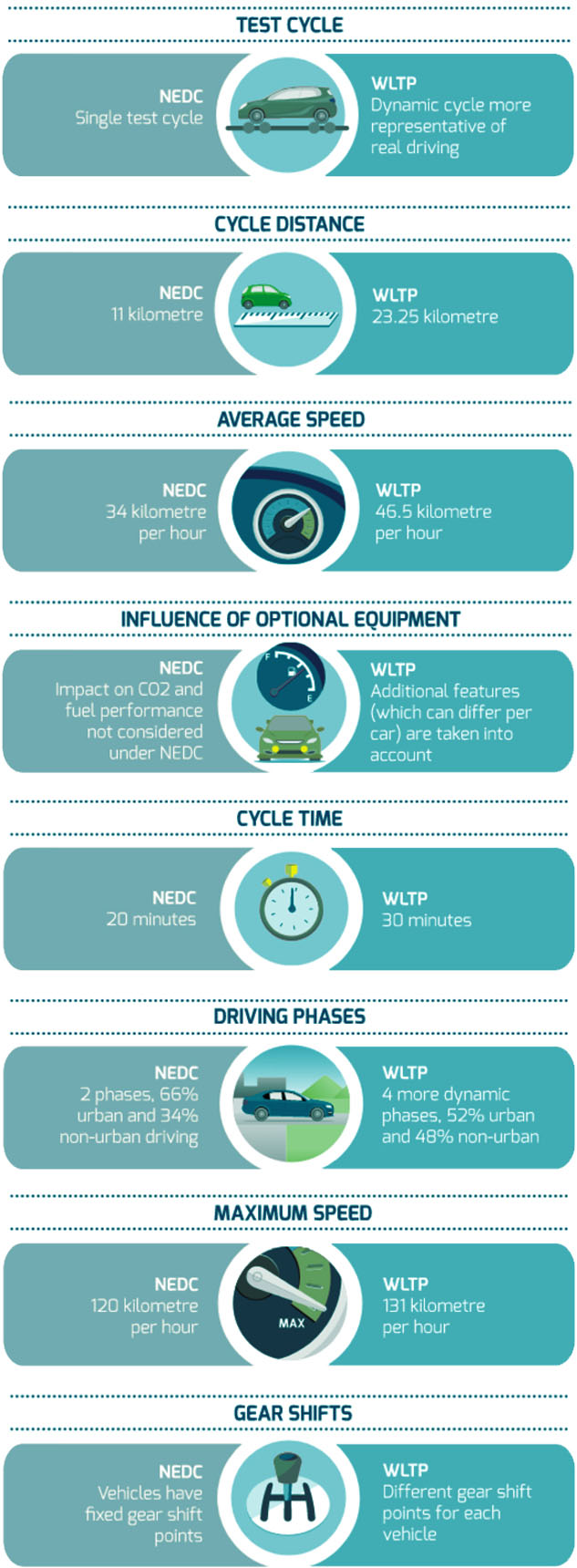

Driving conditions are always something to consider when driving any vehicle but these circumstances can alter electric vehicle range significantly more than your average petrol or diesel. Batteries tend to perform best in warm conditions (which is obviously an opposition to the typical British climate), so its likely that you’ll harness less energy from your battery when it’s cool outside. On the contrary, if its very hot outside you'll likely be using air conditioning, this also drains your electric vehicle battery. Then again, heating and all other electronics systems used in your car will have some effect on range so it's worth bearing in mind.

It’s common knowledge really – the more force applied to your accelerator, the faster you will go which in turn drains the battery much quicker. Gentle acceleration and steady speeds will ensure conservation of your battery's charge. By keeping your speed relatively slow (at around 55mph) you’re able to increase your electric car range by up to 25%.

It’s no surprise that hills affect EV range but this is especially true for electric cars and vans. Hill starts will require a lot more power and traveling up inclines will definitely prove to be a drain on your battery. But on a side note, there is obviously a silver lining being that hill declines are exceptional for maintaining speed and battery life on electric vehicles, so it can be beneficial for your electric car or van range.

If a vehicle is heavier it requires more energy to move. When you have an electric car or van it is important to consider that passengers, luggage and anything weighing the vehicle down will have an adverse effect on your electric vehicle range – but this is only noticeable with an intense amount of weight on your vehicle. It is definitely something to consider with electric van range.

As you’ve probably noticed with battery operated electronics, energy storage declines over time – and electric vans and cars prove no exception to this rule through frequent charge cycles. The technology has significantly improved in recent times and is no longer and issue. Especially with leased vehicles as they are frequently changed. However, this is still possible. If you charge your EV less frequently or only when the power is low, you’ll ensure your electric car range (or van) is at it’s maximum potential.

Your driving style can significantly affect your electric vehicle range. Accelerating and braking hard will reduce your vehicles range considerably - but through using slow acceleration and deceleration via regenerative breaking you can enhance your electric vehicle range by a large amount.
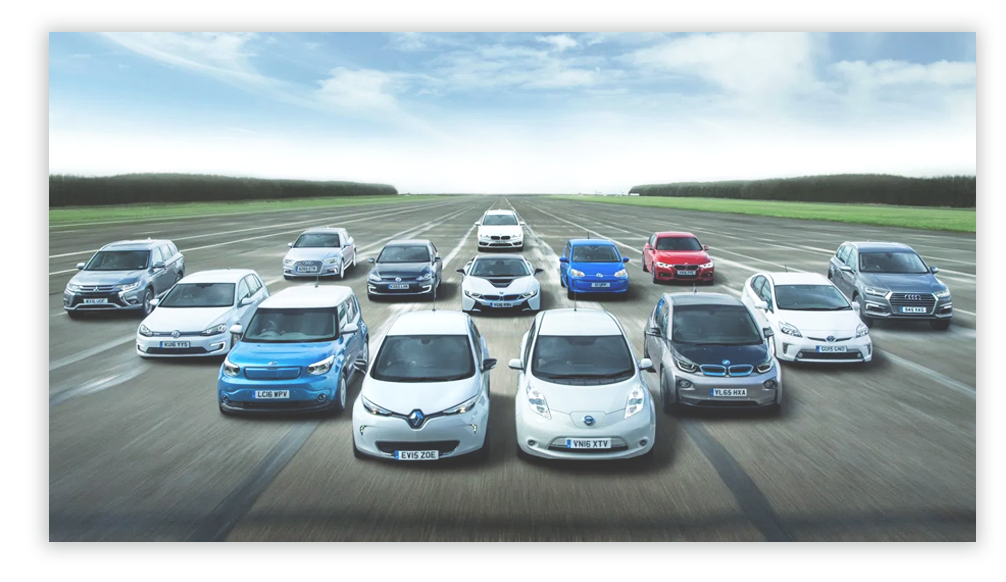
This obviously depends on the vehicle model, but generally speaking, most models can achieve over 100 miles in a single charge. On the low-range you have the Citroen C-Zero and the Peugeot iOn managing up to 93 miles (NEDC) on one charge. Mid-range like the Volkswagen e-Golf and the Hyundai Ioniq Electric achieve well above 100 miles on a full charge. Your higher range electric vehicles such as the Renault Zoe R110 ZE and the Mercedes-Benz EQC400 are capable of over 250 miles whilst your top tier electric cars such as the Jaguar I-Pace and the Tesla Model S 100D Dual Motor AWD can achieve from 300 to just under 400 miles on a full battery making them capable of incredibly long journeys. If your intentions are to drive in cities and small-to-medium commuting distances, then electric cars are simply unbeatable – but you’ll need to do your research if you plan on finding an electric car with a range that can accomplish exceptionally long journeys on one charge.

If you’re going on long journeys in your EV then you best plan on using Eco Mode - It limits your vehicle’s acceleration and increases an EV's range significantly. Using Regenerative braking also helps save extra power for those longer journeys. Enabling your car or vans maximum regenerative braking setting whilst decelerating will provide your vehicles batteries with extra charge, giving you longer durability. Avoiding sport mode would also be recommended to prevent you using too much power under a short space of time.

Route planning can save you both a lot of stress but also a lot more power for your EV. Rather than going on routes that require a lot of braking or consist of a lot of steep hills, you should try and opt for straighter, flatter roads.

Try and limit your speed to up to 60 mph. The more you put your foot down, the more miles you lose from your EV range. Travelling at higher speeds requires much more power due to aerodynamic drag. Keeping to under 60mph is essential if you're looking to maintain battery.

Heating and Air con will drain the battery, so it’s best to avoid using these if you’re planning on extending your electric vehicle range. Having your windows down also affects your vehicles battery, again due to drag. If you're really looking to squeeze every mile out of your EV keep them up!

Maintaining your EV is a must. Although they certainly are low maintenance in comparison to your petrol and diesel vehicles, they still need to be checked. Keeping your tyres correctly inflated at all times will reduce rolling resistance and ultimately improve your electric car and van range, so make sure you check the air pressure frequently. In addition to this, checking fluid levels and replacing air filters can extend your EV’s battery range by several miles per charge – so make sure your car is regularly serviced.

Extra weight - whether it be roof racks and cargo carriers on your EV or just a loaded boot - is going to cost your battery precious power. Weight is the enemy of efficiency so always consider lightening your vehicle if you want to increase your electric range. We wouldn't advise a boot full of bricks that's for sure!

In relation to planning your routes, a good thing to look out for is charging points. With over 1300 charge points in the UK, you can extend your journeys through visiting charging points along the way, with many rapid EV charging points able to charge 80% of a battery within 30 minutes.

Many EV drivers tend to be overly cautious whilst driving long- range but in reality, there are built-in range estimates in electric vehicles that tell you how low your battery power is, so there’s no need to charge so frequently. Unnecessarily cutting your journey short to recharge your cars battery can cost you time and money, so try and charge your car when it needs it rather than to just be safe.
Well, this depends on your budget and what you’re looking for in an EV. Power, speed and durability will indefinitely be with your top-end electric vehicle’s but there are an array of great cars and vans that suit a lower budget. Although EV tend to be pricey, their fuel costs are heavily reduced as well as their maintenance costs. So, which vehicles are ideal for you?
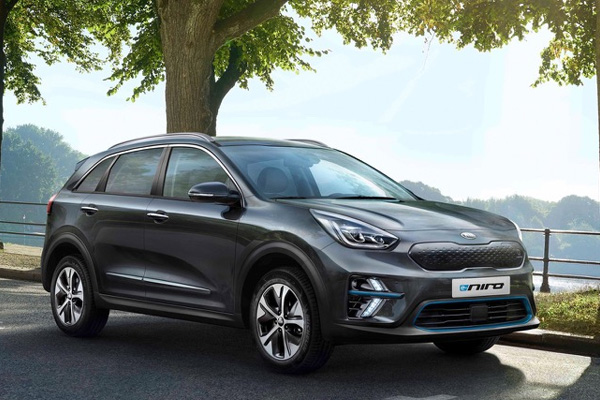
Rated by What Car Magazine as the best electric car for 2019, the Kia e-Niro is exceptional value for money as it delivers a whopping range of 282 miles - parallel to the more costly Jaguar I-Pace and 49 miles farther than the Tesla Model S 75D. In terms of electric vehicle leasing, this is certainly one of the most recommended.

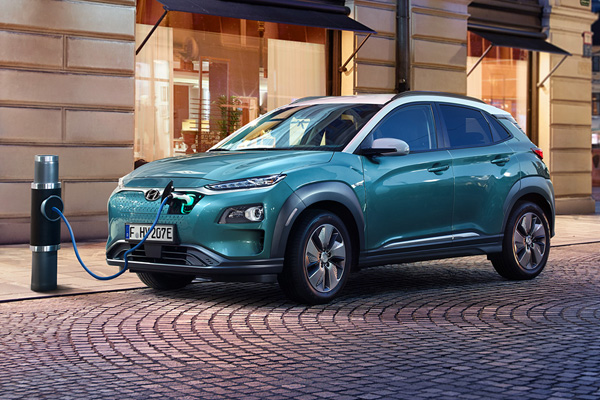
This car is mechanically similar to the Kia e-Niro, only it’s a fraction cheaper and can achieve 259 miles on a single charge (so a little less, but still impressive). The Kia e-Niro does provide that extra bit of luxury, but this is certainly an equal contender for value.

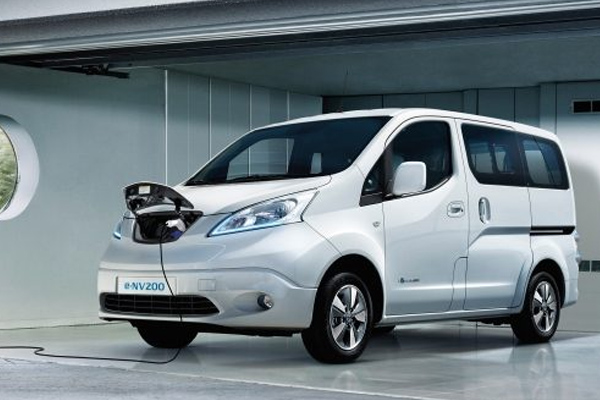
After having upgraded its battery in 2018, the Nissan e-NV200 can achieve an exemplary 174 miles on one charge. Perfect for built-up areas and urbanisation, this great ranged electric van also comes as a seven seater called the Combi so it can be tailored as a people carrier as well.

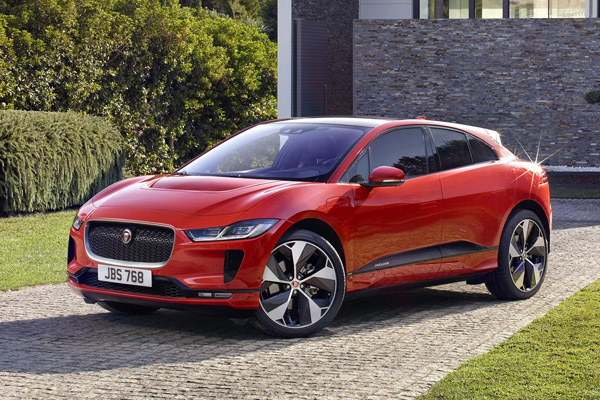
Though it is extremely quick achieving 0-60mph in only 4.5 seconds, it also delivers that luxury feel and an exceptional driving experience. With an impressive range of just under 300 miles. If you’re looking for high performance and luxury, then this car certainly achieves it.

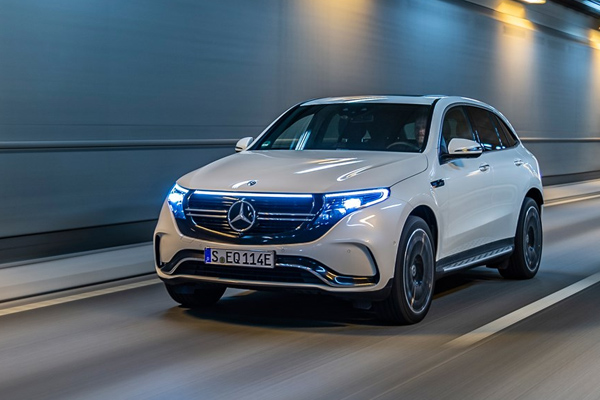
With a range of 259 miles and can jump from 0-62 mph in 5.1 seconds, this car is a very capable SUV. Its impressive electric car range is not hindered by its size nor space; given it seats five and has a generously large boot. It’s considered ideal for those who are concerned to switch from your typical gas car to an electric.

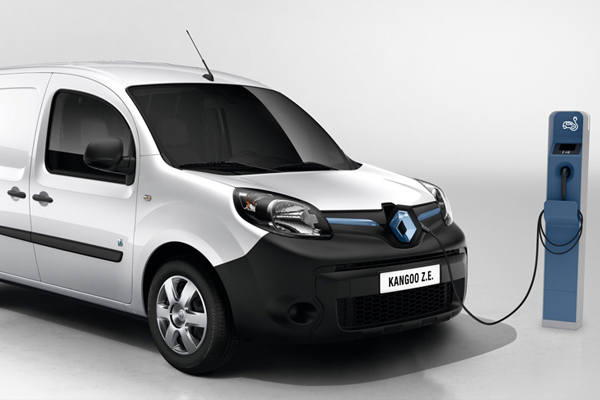
This electric van is a great all-rounder but provides a fantastic driving range of up to 170 miles. Its quick charging means that it takes merely five hours for a full battery and with a load-space of 3,000-4,000 litres, this electric van is probably the best you can find on the market.
